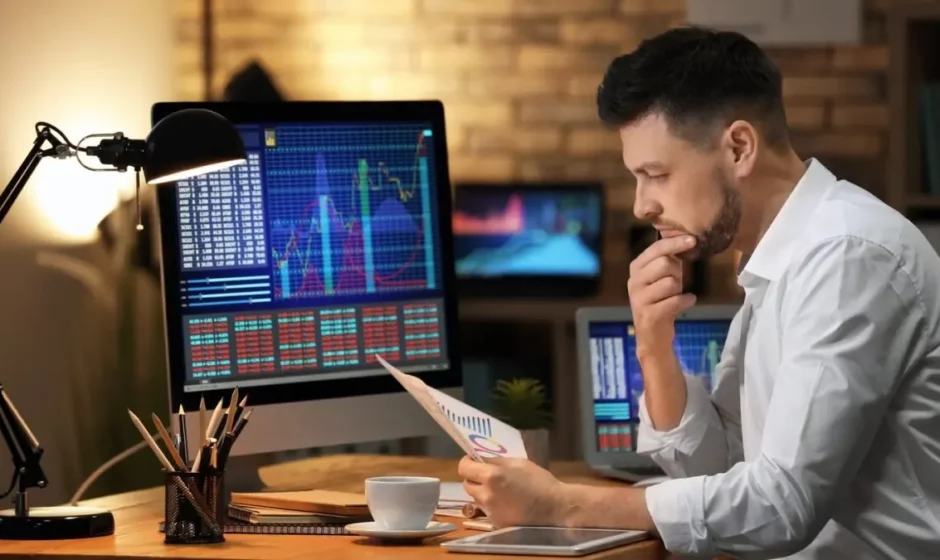Forex trading is a lucrative way to earn a living. It is the world’s largest market with a wide variety of trading pairs, trading styles and analytical tools.
However, anyone who wants to make a career out of trading should realize that it requires serious commitment and large starting capital. The projected yearly earnings depend on the risk tolerance and position sizing.
1. 5% – 10%
There is no definitive answer to this question as every trader’s income is different. However, based on the information I have seen from one of the top hedge fund traders, it seems that a good Forex trader can earn up to 10% of their total capital per month (assuming they are profitable to begin with).
The amount you can make when trading Forex depends on a number of factors. One of the most important is how much capital you start with. It is much easier to be profitable over long periods of time if you have a large amount of capital to work with.
Another factor is your trading strategy. A good Forex trader understands the importance of risk management and will not lose more than they can afford to. They also have the patience and discipline to stick to their trading plan, even if they are losing money at times. Having these traits is key to making money trading Forex.
2. 15% – 20%
With a high degree of financial independence and flexible hours, forex trading is one of the best jobs in the world. However, it is important to remember that this profession is not a get rich quick scheme.
Newcomers to forex often expect returns of 100% per month, which is unrealistic. In the first year, it is advisable to focus on learning and capital preservation. After this, it is possible to generate consistent profits with an average monthly return of 2-3% and a yearly profit of 28%-55%.
The amount of money a trader can make in the forex market depends on several factors, including their risk tolerance and strategy. In general, traders with a low risk tolerance will risk only 1% of their account per position, while those with a higher risk tolerance can risk as much as 10%. Traders also have to consider various trading costs, such as spreads and commissions. These expenses can significantly reduce a trader’s profit.
3. 25% – 30%
It takes a lot of skill and dedication to become a successful trader. It is also important to choose a broker that offers a user-friendly trading platform, good customer support and high-quality training materials. These elements can significantly impact the profits of a trader.
Traders that focus on process and managing losses are more likely to have profitable months. However, traders should never expect to make a steady income from Forex trading alone. They should find a wage earning job to supplement their earnings.
A good trader can generate a monthly return of about 2%. This can result in a yearly profit of about 60%. This may seem low to some beginners who are expecting higher returns, but it is important to remember that Forex trading is a zero-sum game and for every winner, there is a loser. Moreover, traders must consider the costs associated with Forex trading, such as spreads and commissions. This can reduce a trader’s overall profit margin.
4. 30% – 40%
Some top traders may earn six figures a year, but this is not something that everyone can do. It takes a lot of time to build up and change the skills needed to reach this level, as well as large capital amounts.
It also takes a good understanding of the way the market works and the effect that perceptions have on price movements. A great deal of discipline is required to be able to keep emotions like fear and greed under control, especially when trading on a large scale. Of course, the amount of profit that can be made from forex trading is largely dependent on the size of your down payment, the amount of leverage you use, and the effectiveness of your strategy and risk management. These factors are why it’s so important to learn as much as possible before making a significant commitment to the industry. The more you know, the better your chances are of being successful.


